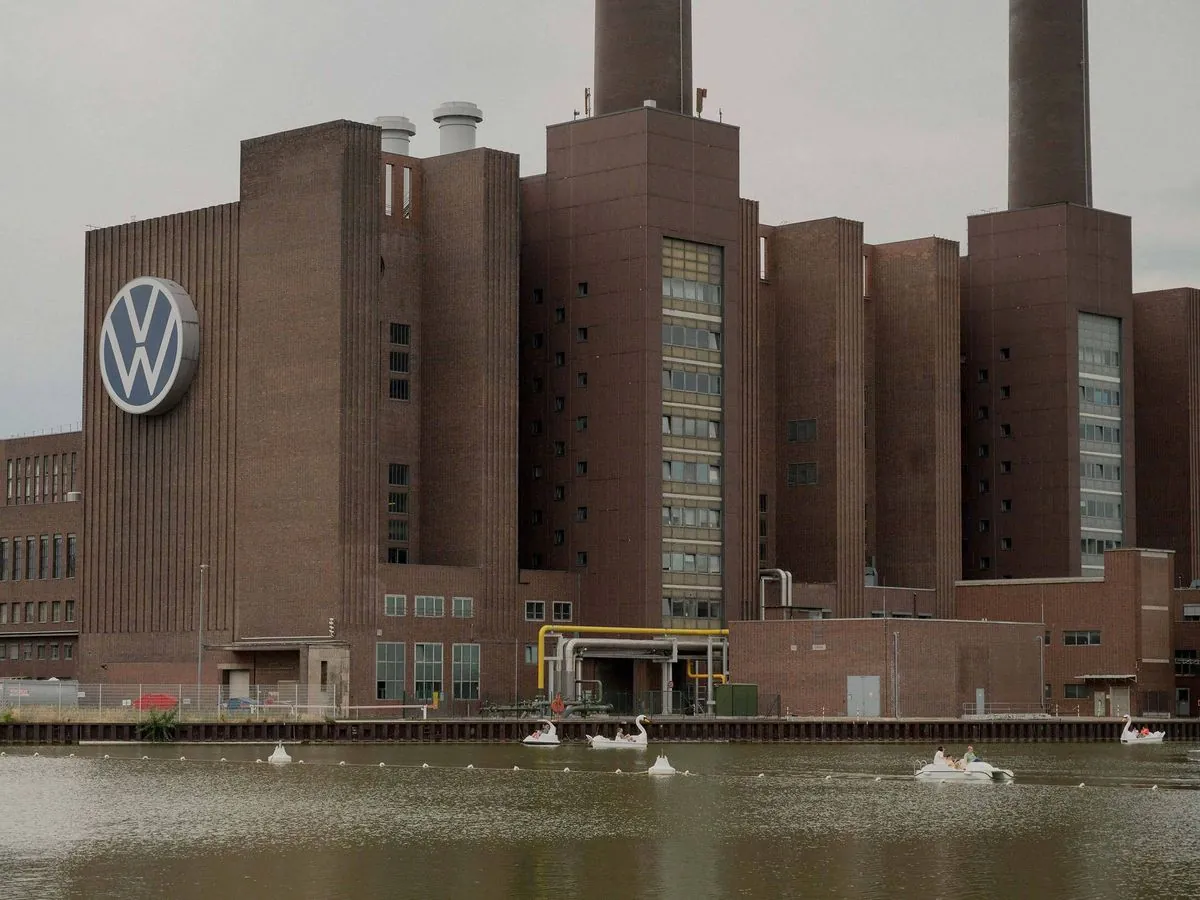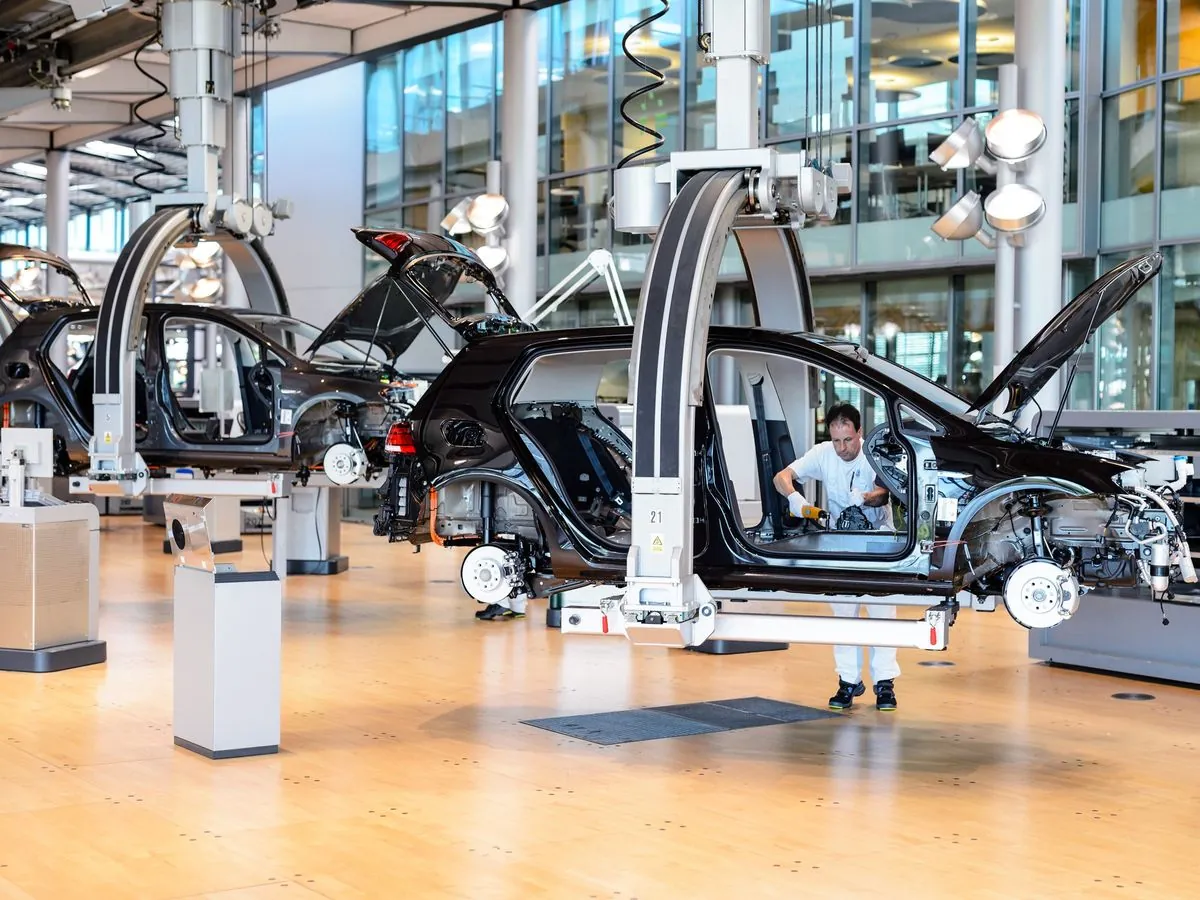Volkswagen Considers Plant Closures Amid Industry Challenges
Volkswagen may close German plants due to industry pressures, dropping a long-standing job protection pledge. The move faces strong opposition from unions and worker representatives.

Volkswagen, Germany's automotive giant, is contemplating potential plant closures in its home country as the industry faces significant challenges. The company has announced the termination of a job protection pledge that has been in place since 1994, which would have prevented layoffs until 2029.
Oliver Blume, Volkswagen Group CEO, stated, "The European automotive industry is in a very demanding and serious situation." He cited new competitors entering European markets, Germany's declining position as a manufacturing location, and the need for decisive action as key factors influencing this decision.
The automotive industry is undergoing significant changes, with Volkswagen facing increased competition, particularly from Chinese electric vehicle manufacturers. This situation has put pressure on the company's financial performance, especially in its core brand. The Volkswagen Passenger Cars division reported a decline in operating earnings to 966 million euros ($1.1 billion) from 1.64 billion euros in the previous year.

Thomas Schaefer, CEO of the Volkswagen Passenger Cars division, acknowledged that while cost-reduction efforts were "yielding results," the "headwinds have become significantly stronger." The company's half-year results indicate it may not achieve its target of 10 billion euros in cost savings by 2026.
It's worth noting that Volkswagen is the largest automaker by production worldwide, with a rich history dating back to its founding in 1937. The company has manufacturing plants in over 30 countries and employs more than 660,000 people globally. However, the current situation marks a significant shift in the company's approach to its workforce, particularly in Germany, where it has approximately 120,000 employees.
The potential plant closures would be a historic move for Volkswagen. The last time the company closed a plant was in 1988 when its U.S. facility in Westmoreland, Pennsylvania, ceased operations. This decision reflects the severity of the challenges facing the automotive industry, including the transition to electric vehicles and increasing global competition.
Union officials and worker representatives have strongly opposed the idea of closures or layoffs. Thorsten Groeger, chief negotiator with VW for the IG Metall industrial union, criticized the approach as "not only shortsighted but dangerous, as it risks destroying the heart of Volkswagen."
Daniela Cavallo, a top employee representative, stated, "Management has failed... The consequence is an attack on our employees, our locations, and our labor agreements. There will be no plant closings with us."
The German state of Lower Saxony, which owns 11.8% of Volkswagen's shares, has also weighed in on the situation. Stephan Weil, the state's governor and a member of the company's board of directors, acknowledged the need for action but called on Volkswagen to explore alternative cost-reduction methods to avoid plant closures.
As Volkswagen navigates these challenges, it continues to invest heavily in electric vehicles and maintain its presence in various automotive sectors, including luxury brands like Audi and Porsche. The company's decision-making in the coming months will likely have far-reaching implications for the German automotive industry and its workforce.
"The European automotive industry is in a very demanding and serious situation."
This situation underscores the broader challenges facing the automotive industry as it adapts to new technologies, changing consumer preferences, and global economic pressures. As Volkswagen considers its options, the outcome will be closely watched by industry observers, employees, and competitors alike.


































